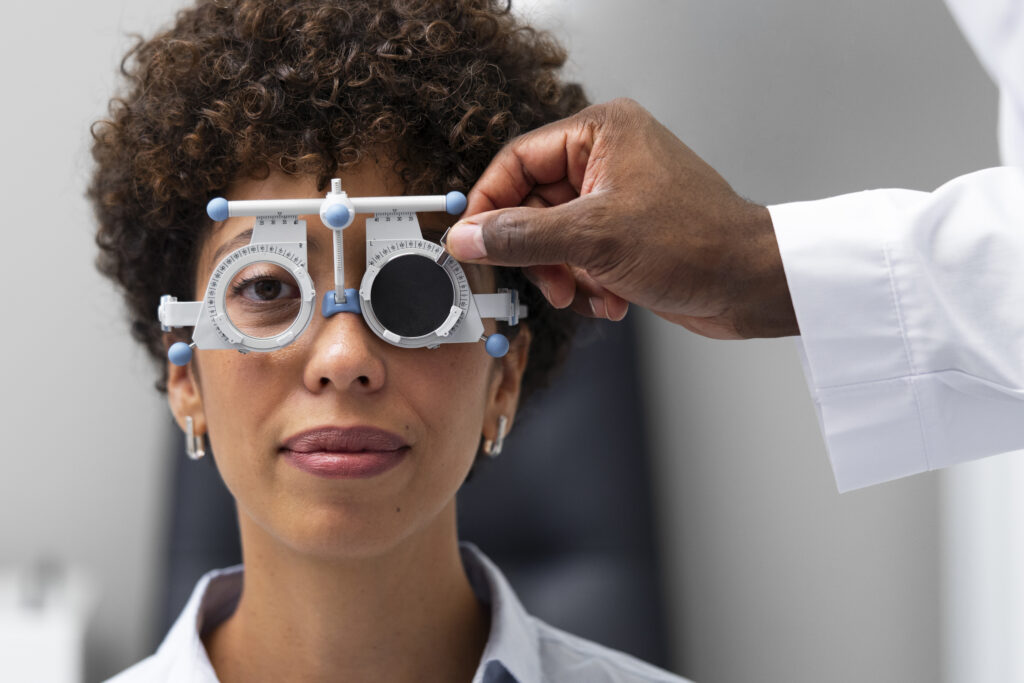Risks of Myopia
Myopia comes with its own series of risk factors which must be taken into account if your child is presenting with symptoms.
Risk Factor 1: Education
The prevalence of myopia is particularly apparent at schools. As children progress up the academic ladder, devoting their time to school work, so too do instances of myopia. This could be due to the massive amount of near work involved, in which case parents must take measures to manage their children’s vision throughout their school years.
Risk Factor 2: Use of Screens
The prevalence of laptops and smartphones means that children and adults alike are far more likely to be at risk of myopia. Looking at screens is another form of near work, and contributes to the development of myopia, especially if done in a dark space. Putting a limit on time spent browsing and scrolling is a means to curb myopia progression.
Risk Factor 3: Genetics
Genetics is a pivotal factor in the development of myopia. If one or both of a child’s parents has myopia, then that child is at greater risk of developing the condition. In these cases, it is crucial for parents to have their child’s vision checked as early and as frequently as possible.

Frequently Asked Questions
We’re here to answer some questions you might have about myopia and its risks.
